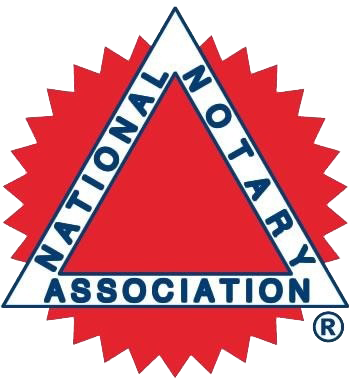Setting Up Your Notary Accounting Books
Saturday Tip - California Notaries
Right off the bat, I am going to disqualify myself as a CPA or registered Tax Consultant. However, I will provide information that can be easily found in the IRS Tax Code or your State. If you have additional questions, please consult with a professional.
- Separate your Notary Income from Other - such as travel, wait time, courier service.
- All Notary Income must be reported income on on Form 1040 Schedule C or Schedule C-EZ. However, notary income is exempt from self-employment tax on their notarial income because they are public officials. This means you are exempt from paying Social Security and Medicare but you are taxed at full rate on your profit. example - I earned $15 per signature x10 = $150 Notary Income (exempt from Self Employment) and I earned $100 travel fee (must pay self employment and income tax on profit). This means that I will pay income tax on $250 and I will pay self employment tax on $100 of the $250.
- "Self-employment tax is also called "SECA" tax (from the Self-Employed Contributions Act). The tax rate for self-employment income is 15.3% for Social Security and Medicare, based on the net earnings of the business. ... And, of course, self-employed people also pay income taxes on the profits from their self-employment."
State Income tax is another topic.
You can find more information on this topic in Chapter 12 of the IRS Publication 17 (listed as “Notary Public” beneath the “Other Income” category: https://www.irs.gov/pub/irs-pdf/p17.pdf



